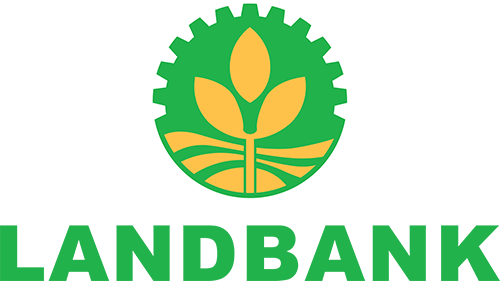The Challenge
Over the last five years, access to formal banking has significantly increased around the world due to national financial strategies as well as advances in digital financial services. At the same time, a portion of the global population remains excluded from these services, particularly those living in rural, isolated areas where banking infrastructure is limited or non-existent. Agent-based banking may be used to overcome this challenge, as existing retail outlets in communities serve as branches, while business owners provide services on behalf of the bank. Indeed, recent evidence from rural Ghana found that agent-based banking drove local economic growth and increased the use of digital payments by businesses.
The Philippines offers a unique test for the potential of agent banking due to its scattered-island geography that makes it difficult for banks to provide services and foster financial inclusion to the last mile. Indeed, 11 percent of municipalities still lacked access to the formal financial system in 2023. While agent banking initiatives exist, introducing them to virgin markets can be difficult for many reasons. From the perspective of prospective agents, only a sufficient number of clients makes it worthwhile to become an agent. Prospective clients, on the other hand, may either be unaware or not sufficiently informed about the services. This can make it difficult to recruit and retain agents, which in turn may limit service availability. Current approaches to stimulate agent banking around the world rely on informing and raising awareness on both sides of the market separately, which is costly in terms of both time and money. Can community information events speak to both sides of the market simultaneously and help establish agent banking services more effectively? This would help extend the reach of existing banking structures and provide financial services in currently underserved communities.
The Evaluation
In collaboration with IPA Philippines and LANDBANK of the Philippines, researchers are conducting a pilot study to better understand barriers to uptake for potential agents and potential clients. These inform the design of the community events that will build on Landbank’s existing agent banking program (LANDBANKasama). Results from the randomized pilot intervention will indicate whether community information events are effective in promoting agent banking to increase financial inclusion.
The intervention involves 15 barangays without a LANDBANK branch or ATM. The community information events will take place in 10 randomly selected barangays, and the other 5 barangays will serve as a comparison group.
Results
Pilot results will be available in 2026.
Sources
1. Klapper, Leora, Dorothe Singer, Laura Starita, and Alexandra Norris. 2025. The Global Findex Database 2025: Connectivity and Financial Inclusion in the Digital Economy. Washington, DC: World Bank. doi:10.1596/978-1-4648-2204-9. License: Creative Commons Attribution CC BY 3.0 IGO
2. Senate Economic Planning Office - SEPO AAG 23-02. https://web.senate.gov.ph/publications/SEPO/SEPO_AAG_Financial%20Inclusion%20AAG_final.pdf
3. Batista, Catia, and Pedro C. Vicente. "Is mobile money changing rural Africa? Evidence from a field experiment." Review of Economics and Statistics 107, no. 3 (2025): 835-844.
Implementing Partner













